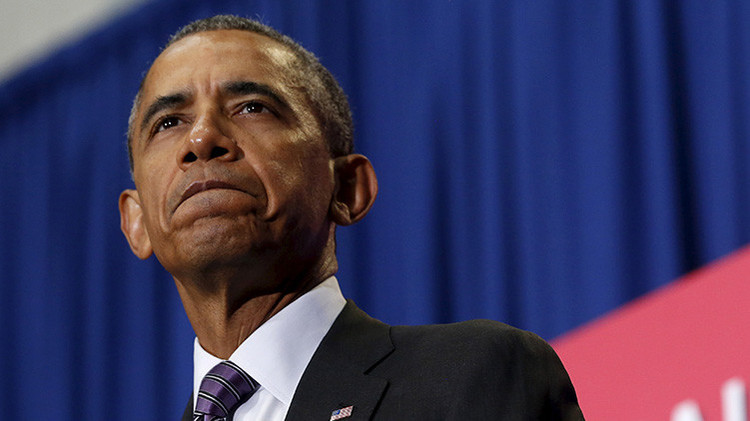Venezuela, having signed a business oil with the EE.UU; since 1917 - should be included in this TPP, or , Am I my Brothers´s Keeper? as said by Aranda Coomaraswamy (The John Day Company Inc., 1947) : "It is true that there is a modernized, uprooted East, with which the West can compete;it is only with the surviving, superstitious East -- Gandhi´s East, the one that has never attempted to live by bread alone -- that the West can co-operate."
***Coomaraswamy says: "If ever the gulf between East and West, of which we are made continually more aware as physical intimacies are forced upon us, is to be bridged, it will be only by an agreement on principles....A philosophy identical with Plato´s is still a living force in the East...."
***We may take to heart the message given the West by one of the great modern representatives of another culture. Charles Malik has said: "In all this we are really touching upon the great present crisis in western culture. We are saying when that culture mends its own spiritual fences, all will be well with the Near East, and not with the Near East alone. We are saying it is not a simple thing to be the heir of the Graeco-Roman-Christian -European synthesis and not to be true to its deepest visions. One can take the ten greatest spirits in that synthesis and have them judge the perfomance of the Western world in relation to the Near East. The deep problem of the Near East then must await the spiritual recovery of the West. And he does not know the truth who thinks that the West does not have in its own tradition the means an power wherewith it can once again be true to itself."
East and West, chapter IX The Great Conversation. The Great Books of the Western World. USA.
Twenty-fourth Printing, 1982. University of Chicago. USA.
Obama sobre el TPP: "No dejaremos a otros países escribir las reglas de la economía global"
Publicado: 5 oct 2015 13:45 GMT | Última actualización: 5 oct 2015 14:10 GMT

El presidente de los Estados Unidos de América Barack Obama
/
Reuters
"No dejaremos a países como China escribir las
reglas de la economía global", ha anunciado el presidente estadunidense
Barack Obama a raíz del convenio económico TPP (Acuerdo Transpacífico de
Cooperación Económica). Este lunes, EE.UU., Japón y otros 10 países se
han puesto de acuerdo sobre los términos de ese controvertido acuerdo.
Barack Obama ha confirmado en un comunicado, citado por 'The Wall Street Journal', que se logró un
acuerdo sobre el TPP entre EE.UU., Japón y otros 10 países. Según el
presidente estadounidense, "no podemos permitir que países como China
escriban las reglas de la economía global. Nosotros debemos escribir
esas reglas, abriendo nuevos mercados a los productos estadounidenses,
estableciendo altos estándares para la protección de los trabajadores y
preservando nuestro medio ambiente".
El mandatario señaló que la asociación transpacífica elimina más de 18.000 impuestos sobre las mercancías procedentes de EE.UU., garantiza el empleo y la protección de medioambiente.
Obama también respondió a los críticos del acuerdo, que acusaron a sus autores de secretismo. El presidente prometió que el documento será presentado para un debate público. "Cuando los negociadores terminen el trabajo sobre el texto de la asociación, el Congreso y el pueblo estadounidense tendrán un par de meses para leer cada palabra antes de firmarlo", aseguró.
El TPP, que está integrado por EE.UU., Australia, Nueva Zelanda, Brunéi, Canadá, Chile, Japón, Malasia, México, Perú, Singapur y Vietnam, constituye el mayor acuerdo comercial regional de la historia y pretende establecer un nuevo nuevo marco normativo para el comercio.
Los detractores del acuerdo denuncian que favorece a grandes negocios a la vez que presenta desventajas para los trabajadores y para la protección del medio ambiente. Asimismo, a pesar de denominarse tratado de libre comercio, no solo abarca temas comerciales, sino también aspectos sobre la libertad de Internet, los derechos de autor, la protección de patentes o la salud.
El mandatario señaló que la asociación transpacífica elimina más de 18.000 impuestos sobre las mercancías procedentes de EE.UU., garantiza el empleo y la protección de medioambiente.
Obama también respondió a los críticos del acuerdo, que acusaron a sus autores de secretismo. El presidente prometió que el documento será presentado para un debate público. "Cuando los negociadores terminen el trabajo sobre el texto de la asociación, el Congreso y el pueblo estadounidense tendrán un par de meses para leer cada palabra antes de firmarlo", aseguró.
El TPP, que está integrado por EE.UU., Australia, Nueva Zelanda, Brunéi, Canadá, Chile, Japón, Malasia, México, Perú, Singapur y Vietnam, constituye el mayor acuerdo comercial regional de la historia y pretende establecer un nuevo nuevo marco normativo para el comercio.
Los detractores del acuerdo denuncian que favorece a grandes negocios a la vez que presenta desventajas para los trabajadores y para la protección del medio ambiente. Asimismo, a pesar de denominarse tratado de libre comercio, no solo abarca temas comerciales, sino también aspectos sobre la libertad de Internet, los derechos de autor, la protección de patentes o la salud.
